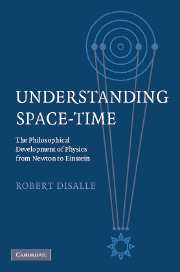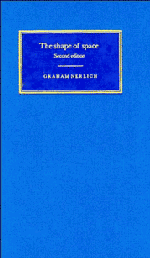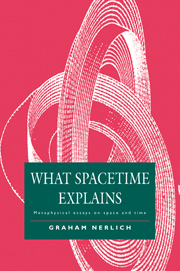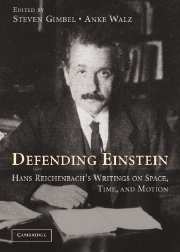Understanding Space-Time
Presenting the history of space-time physics, from Newton to Einstein, as a philosophical development DiSalle reflects our increasing understanding of the connections between ideas of space and time and our physical knowledge. He suggests that philosophy's greatest impact on physics has come about, less by the influence of philosophical hypotheses, than by the philosophical analysis of concepts of space, time and motion, and the roles they play in our assumptions about physical objects and physical measurements. This way of thinking leads to interpretations of the work of Newton and Einstein and the connections between them. It also offers ways of looking at old questions about a priori knowledge, the physical interpretation of mathematics, and the nature of conceptual change. Understanding Space-Time will interest readers in philosophy, history and philosophy of science, and physics, as well as readers interested in the relations between physics and philosophy.
- Examines the origins of our knowledge of the structure of space-time
- Focuses on the influence of philosophical arguments on the physics of space and time
- An alternative account of the interaction between physics and philosophy in the creation of modern physical theory
Product details
October 2008Paperback
9780521083171
192 pages
229 × 152 × 11 mm
0.29kg
Available
Table of Contents
- 1. Introduction
- 2. Absolute motion and the emergence of classical mechanics
- 3. Empiricism and apriorism from Kant to Poincaré
- 4. The origins of significance of relativity theory
- 5. Conclusion.





